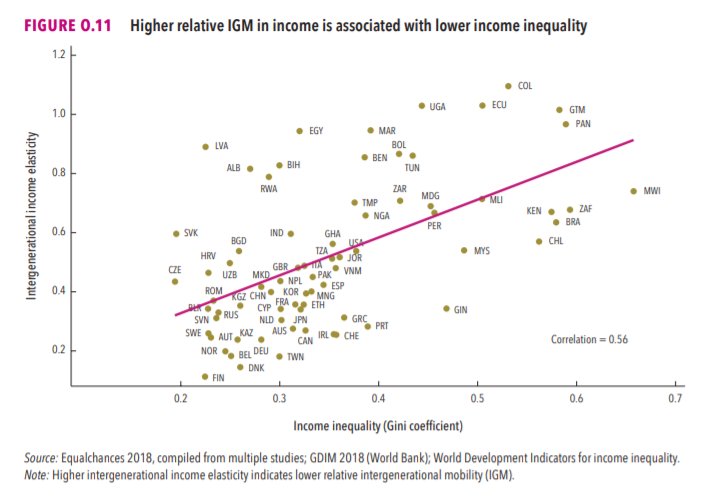How to Get Rich (without getting lucky):
— Naval (@naval) May 31, 2018
Six threads better than a college degree:
First principles thinking is a powerful mental model for driving non-linear outcomes. It also requires a willingness to ask difficult, uncomfortable questions.
— Sahil Bloom (@SahilBloom) March 14, 2021
Here are a few to help you get started: pic.twitter.com/KyuAr7IUf7
Let\u2019s talk about High Agency: an attitude I\u2019ve seen in every successful product manager & leader I\u2019ve known.
— Shreyas Doshi (@shreyas) June 27, 2020
Some ppl are born/raised with High Agency. It can also be developed later in life.
High agency is a prerequisite for making a profound impact in one's life & work
1/20 pic.twitter.com/8vPSbj4lKF
If you want to improve your writing, start by becoming a better note-taker.
— David Perell (@david_perell) March 29, 2020
Here are 10 ways to do that:
1. Save only the best notes: Don't hoard information. Save your top 5-10% of ideas only. That way, you can trust that everything in your note-taking system is high-quality.
10 Concepts from Build Once, Sell Twice: (thread)
— Jack Butcher (@jackbutcher) October 10, 2020
(Thread)
— James Clear (@JamesClear) November 5, 2018
I spent the last 6 years researching, writing, and thinking about habits. The culmination of this work was my recent book, Atomic Habits. (Now a NY Times best seller!)
In this thread, I'll share tweets from myself and others that illustrate some key lessons I learned.
The only real test of intelligence is if you get what you want out of life.
— Naval (@naval) May 10, 2020
More from All
You May Also Like
This New York Times feature shows China with a Gini Index of less than 30, which would make it more equal than Canada, France, or the Netherlands. https://t.co/g3Sv6DZTDE
That's weird. Income inequality in China is legendary.
Let's check this number.
2/The New York Times cites the World Bank's recent report, "Fair Progress? Economic Mobility across Generations Around the World".
The report is available here:
3/The World Bank report has a graph in which it appears to show the same value for China's Gini - under 0.3.
The graph cites the World Development Indicators as its source for the income inequality data.

4/The World Development Indicators are available at the World Bank's website.
Here's the Gini index: https://t.co/MvylQzpX6A
It looks as if the latest estimate for China's Gini is 42.2.
That estimate is from 2012.
5/A Gini of 42.2 would put China in the same neighborhood as the U.S., whose Gini was estimated at 41 in 2013.
I can't find the <30 number anywhere. The only other estimate in the tables for China is from 2008, when it was estimated at 42.8.




















